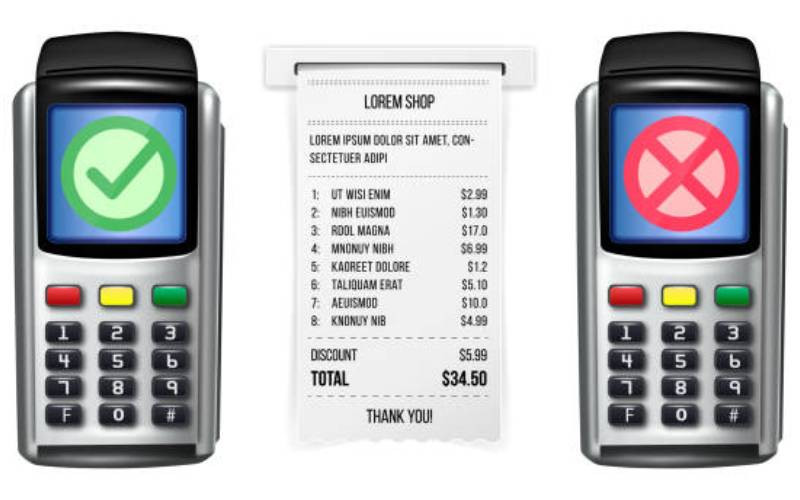×
The Standard e-Paper
Read Offline Anywhere

Kenyan traders who refuse to utilise government-sanctioned electronic tax registers for their daily business transactions now risk imprisonment and significant fines.
The Ruto administration is intensifying its fight against tax evasion by implementing new tough regulations that govern the use of upgraded electronic tax registers (ETRs).